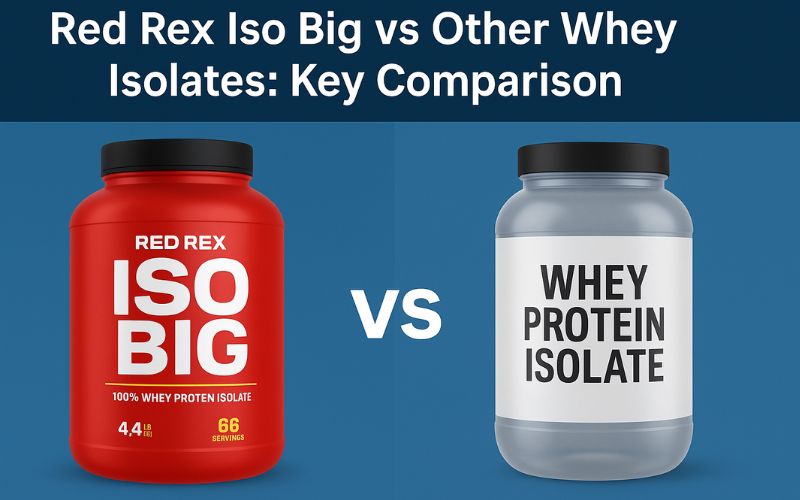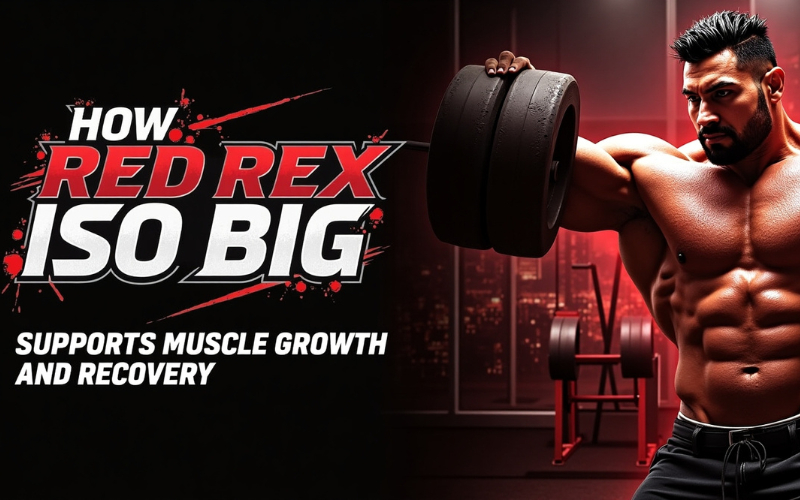Omega-3 vs. Multivitamins: Which Supplement Suits Your Lifestyle?
Supplements have become a go-to for people striving for better health, sharper minds, and stronger immunity. Whether you’re an athlete, a busy professional, or someone simply trying to maintain well-being, the choice between omega-3 and multivitamins can be confusing. Each supplement serves different purposes and supports different aspects of health. So, how do you know which one is right for your lifestyle?
This article compares omega-3s and multivitamins in terms of benefits, key ingredients, and ideal users. Let’s break it down.
What Are Omega-3 Supplements?
Omega-3 supplements are derived primarily from fish oil, flaxseed, or algae. They are rich in essential fatty acids that our bodies can’t produce on their own. The two most important types of omega-3s are EPA (eicosapentaenoic acid) and DHA (docosahexaenoic acid).
EPA and DHA: The Power Duo in Omega-3
These fatty acids are known for their role in supporting heart health, reducing inflammation, and improving cognitive performance. EPA is more focused on managing inflammation and heart health, while DHA supports brain function and vision.
People often choose omega-3 supplements to improve cardiovascular health, boost brain function, and reduce the risk of chronic diseases. Some research also points to benefits for mood stability and joint health.
What Are Multivitamins?
Multivitamins are a blend of essential vitamins and minerals designed to fill nutritional gaps in your diet. A good multivitamin typically includes vitamins A, C, D, E, K, and B-complex, as well as minerals like zinc, magnesium, calcium, and iron.
Benefits of Multivitamins for Overall Wellness
Multivitamins support a wide range of bodily functions—from energy production and immune defense to bone health and skin vitality. Vitamin D and B-complex vitamins are particularly vital for boosting immunity and maintaining daily energy levels.
They are often recommended for people with restricted diets, older adults, or anyone who may struggle to get all nutrients from food alone.
Omega-3 vs. Multivitamins: Which Is More Suitable for You?
When deciding between omega-3 and multivitamins, the right choice depends on your health goals and lifestyle.
Supplement Goals and Benefits Comparison
If you’re looking to support heart health, brain function, or manage inflammation, omega-3 might be the better fit. It’s especially beneficial for those who eat little to no fatty fish, experience joint pain, or are at risk for cardiovascular issues.
On the other hand, multivitamins are ideal for covering a broad range of daily needs. If you’re often tired, prone to colds, or know your diet lacks balance, a multivitamin can help round things out.
Think of it this way:
- Omega-3 = Targeted support for heart, brain, and joints
- Multivitamins = General support for daily energy, immunity, and overall wellness
Can You Take Both Together?
Yes, many people benefit from taking both. However, it’s essential to avoid overlapping nutrients like vitamin A or iron in high doses. Always check the label and consult a healthcare provider before combining supplements.
Which Supplement Is Better for Your Lifestyle?
Let’s look at how omega-3 and multivitamins cater to different lifestyles:
- For athletes and fitness enthusiasts: Omega-3s can reduce post-workout inflammation and support recovery, while multivitamins help maintain energy and endurance.
- For busy professionals or students: Omega-3 supports mental clarity and focus. Multivitamins help manage stress and reduce fatigue.
- For older adults: Multivitamins with calcium and vitamin D support bone health, while omega-3 may reduce joint pain and improve cognitive aging.
In many cases, combining both provides a well-rounded approach.
Conclusion: Make an Informed Choice for Your Wellness
Both omega-3 and multivitamins offer unique health benefits, and one isn’t necessarily better than the other. The choice comes down to your personal health goals, lifestyle, and nutritional gaps.
If you’re aiming for targeted brain and heart support, omega-3 could be the way to go. If you need broad-spectrum daily support, multivitamins are ideal. Many individuals take both as part of a balanced wellness routine.
Remember, supplements are just that supplements. They work best alongside a healthy diet, regular exercise, and a lifestyle that prioritizes well-being. For personalized advice, consult a healthcare professional to determine what suits your individual needs best.
Ready to elevate your wellness journey?
Explore premium-quality omega-3s, multivitamins, and more at Syner Nutrition your trusted source for scientifically backed supplements in Pakistan.
FAQ
Can I take omega-3 and multivitamins at the same time?
Yes, you can. Many supplement regimens include both, but it’s best to check for any overlapping nutrients and consult a healthcare professional for guidance.
Are omega-3 supplements the same as fish oil?
Not exactly. While fish oil is a common source of omega-3, high-quality omega-3 supplements may be purified and offer specific concentrations of EPA and DHA.
What if I miss a day of taking my supplements?
Missing a day isn’t harmful, but consistency yields the best results. Simply resume your routine the next day.
Are multivitamins effective for everyone?
Multivitamins can help fill dietary gaps but are most effective when paired with a balanced diet. Not everyone needs them, especially if you’re already getting enough nutrients from food.
Do omega-3 supplements help with mental clarity?
Yes, studies have shown that omega-3 especially DHA supports cognitive function, mental clarity, and focus.









Add comment